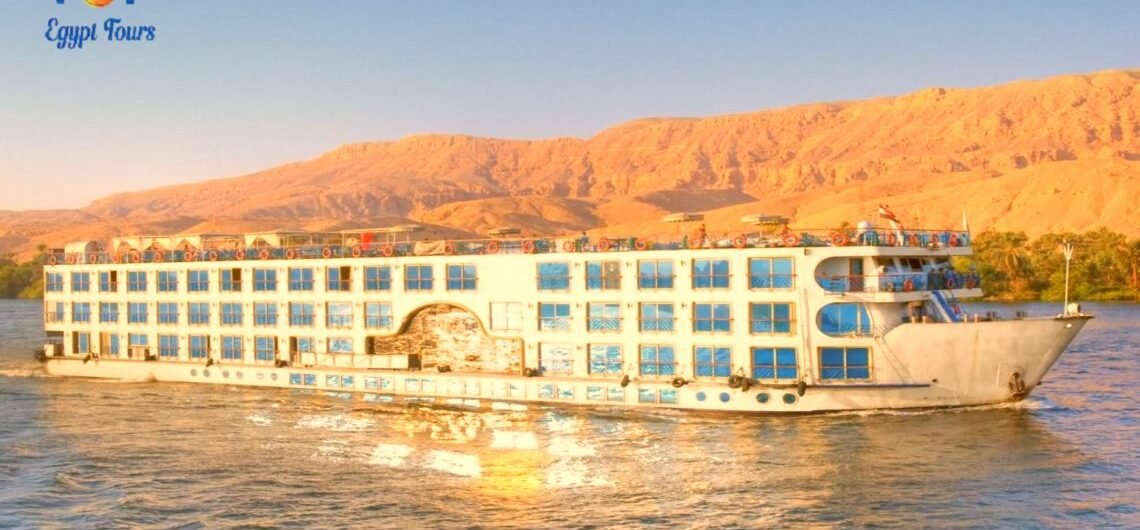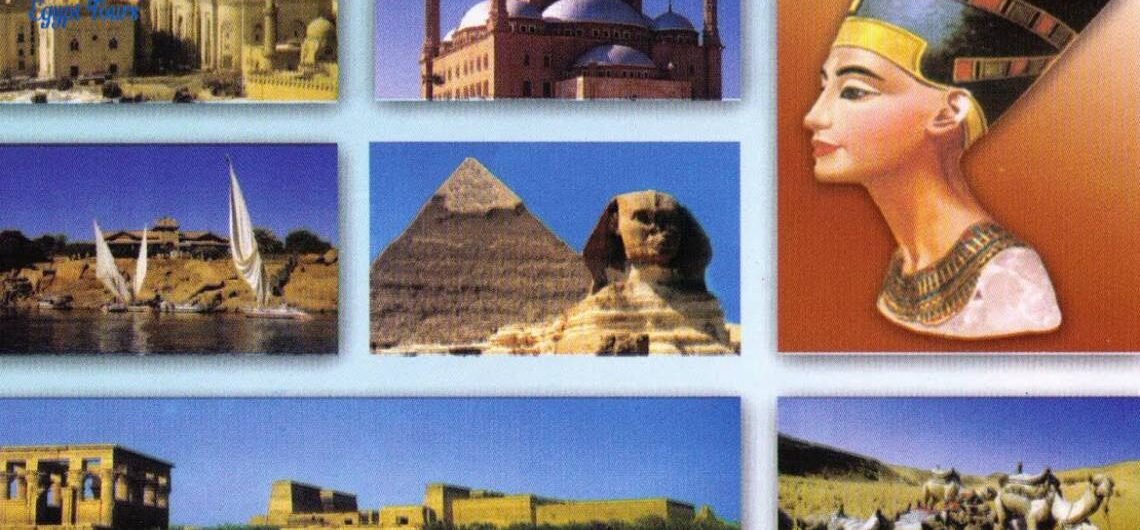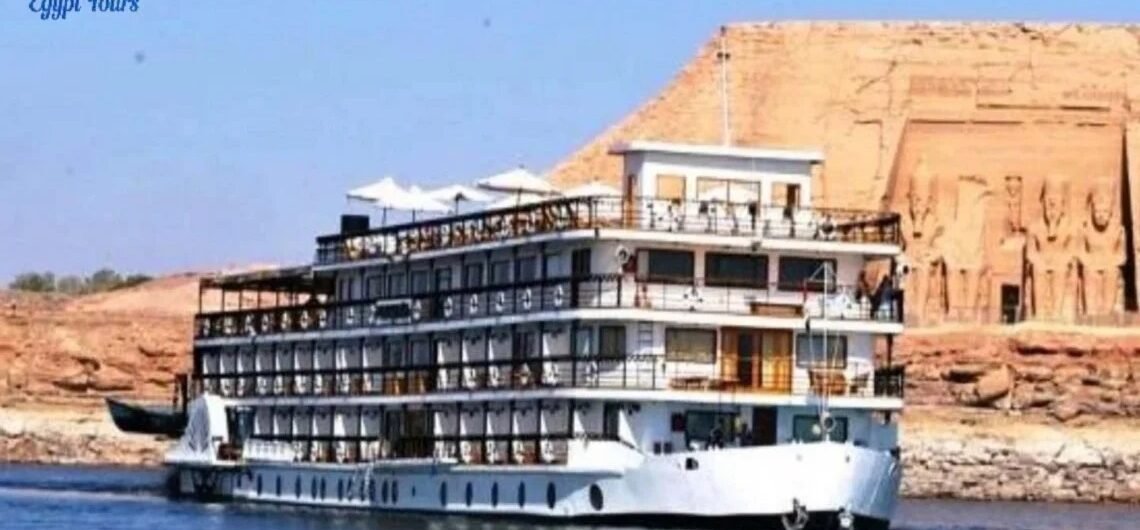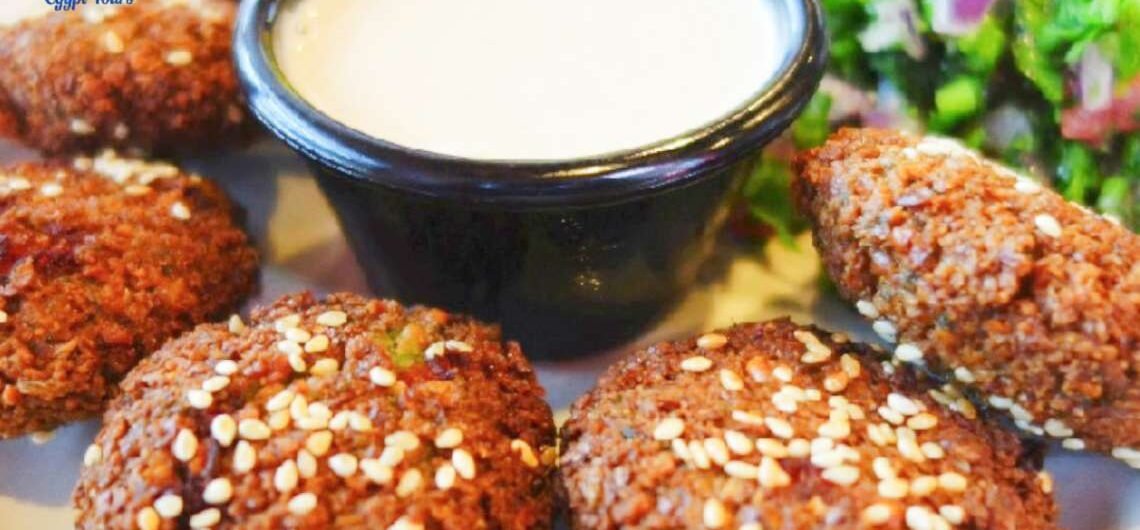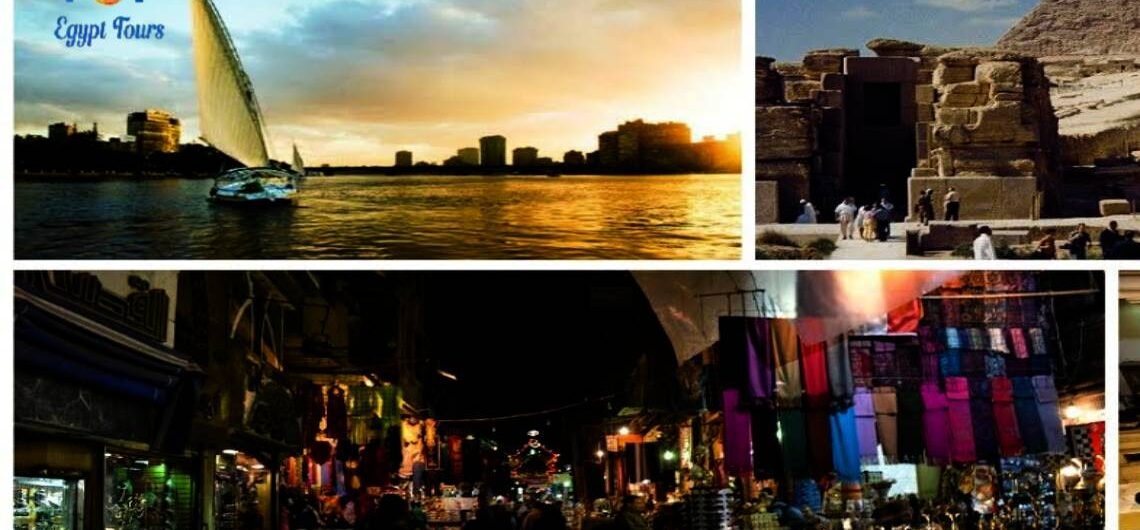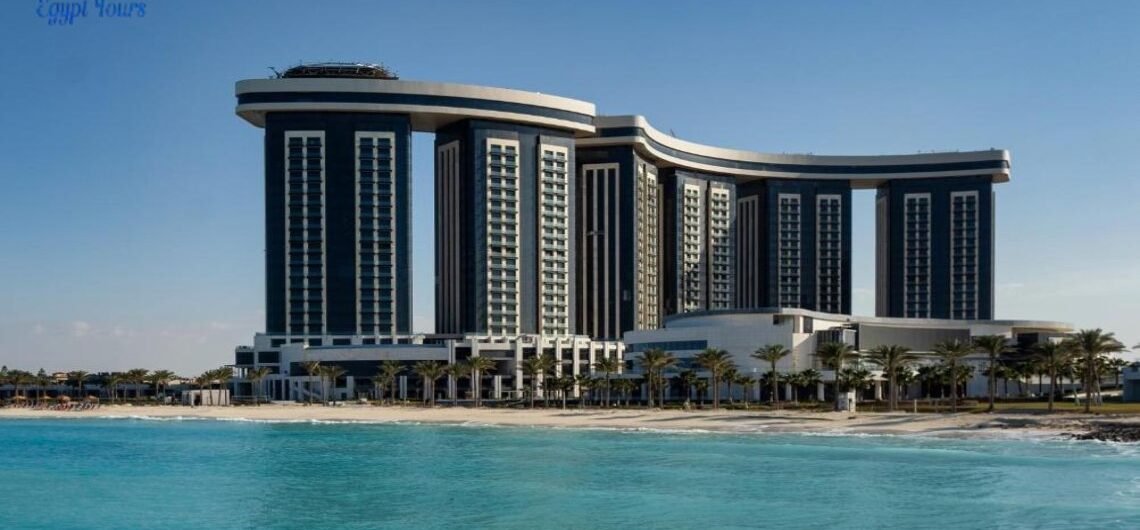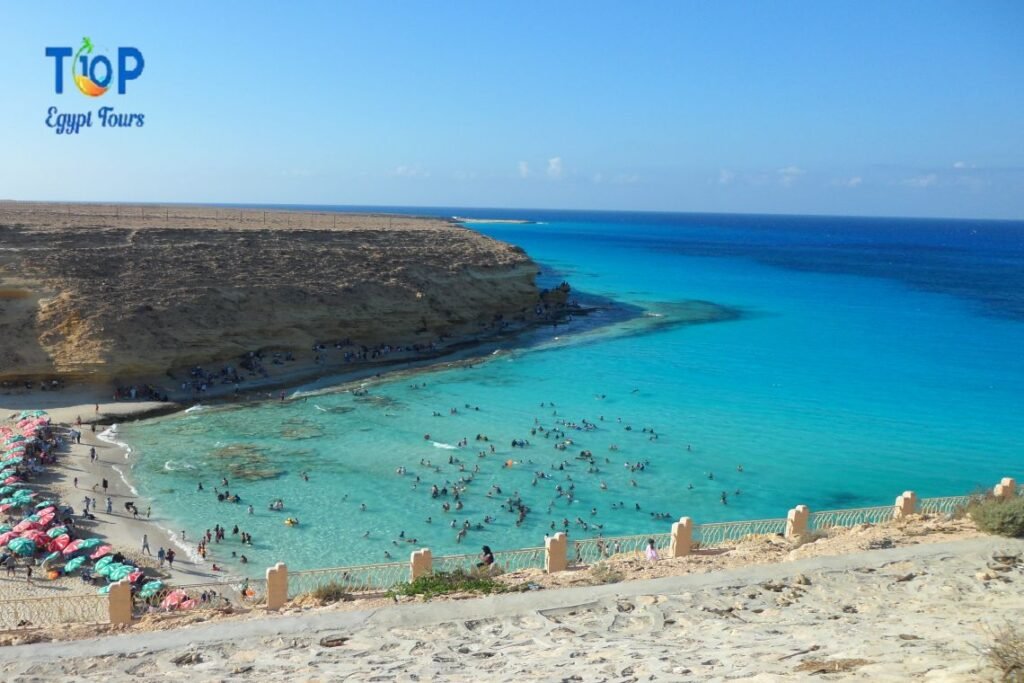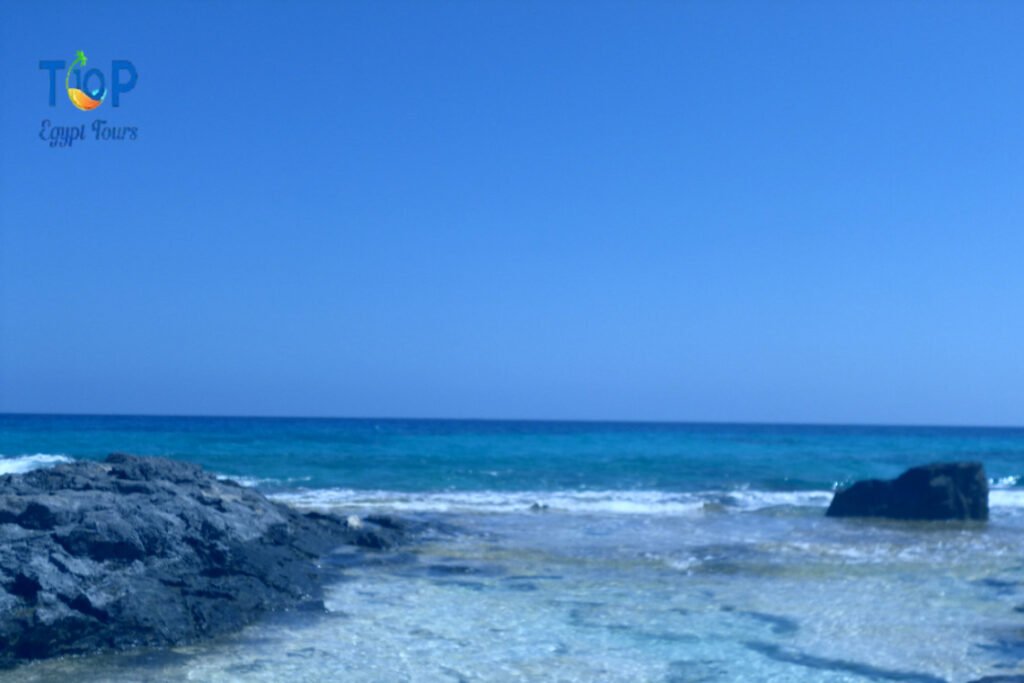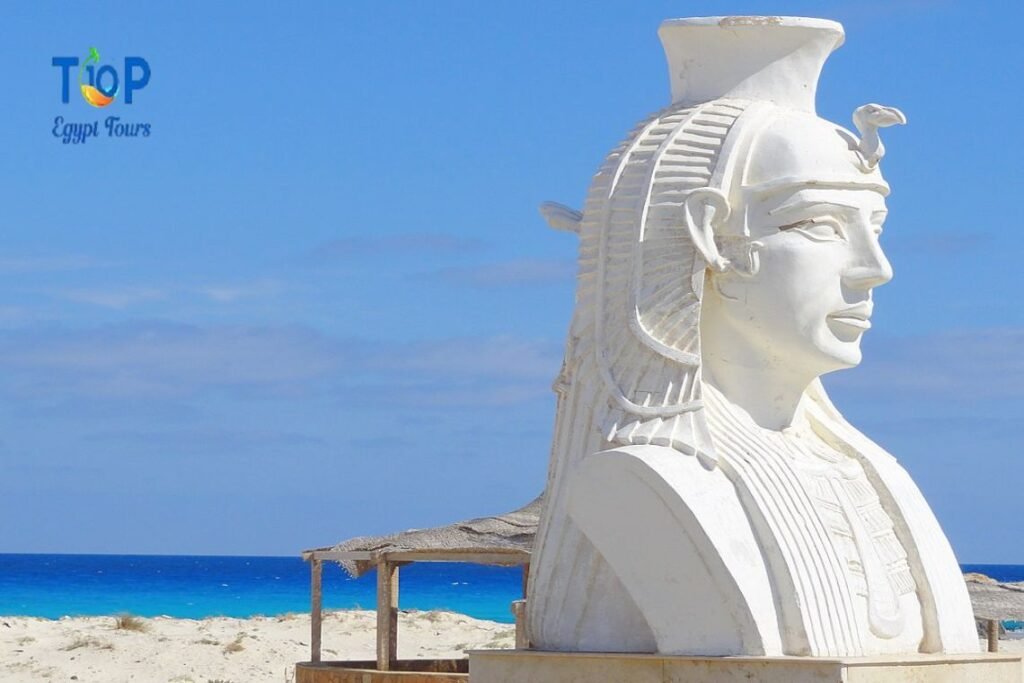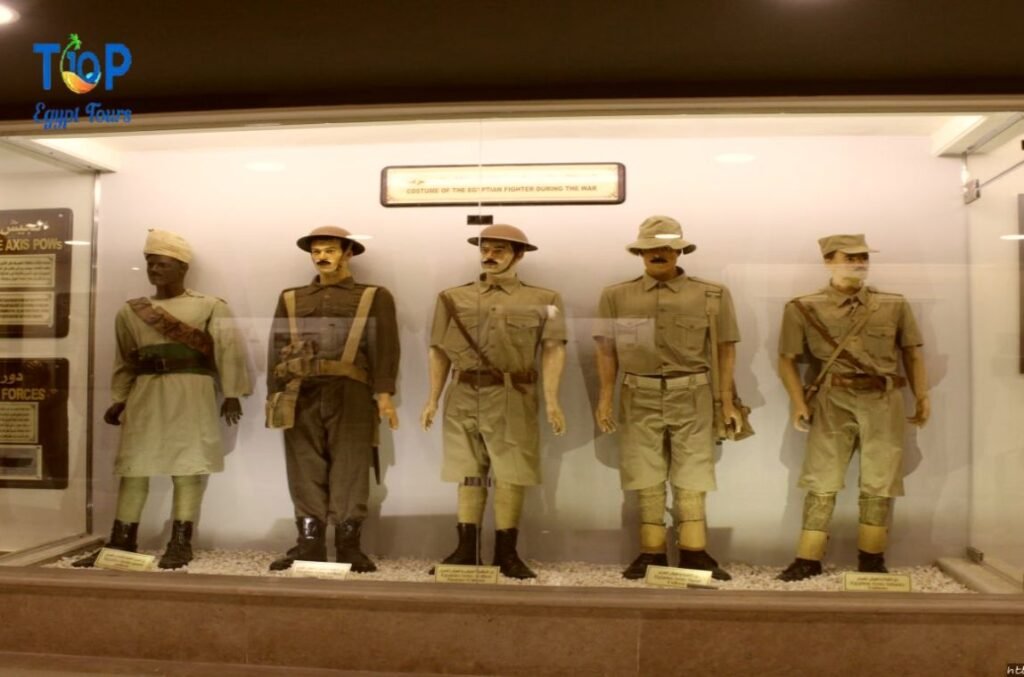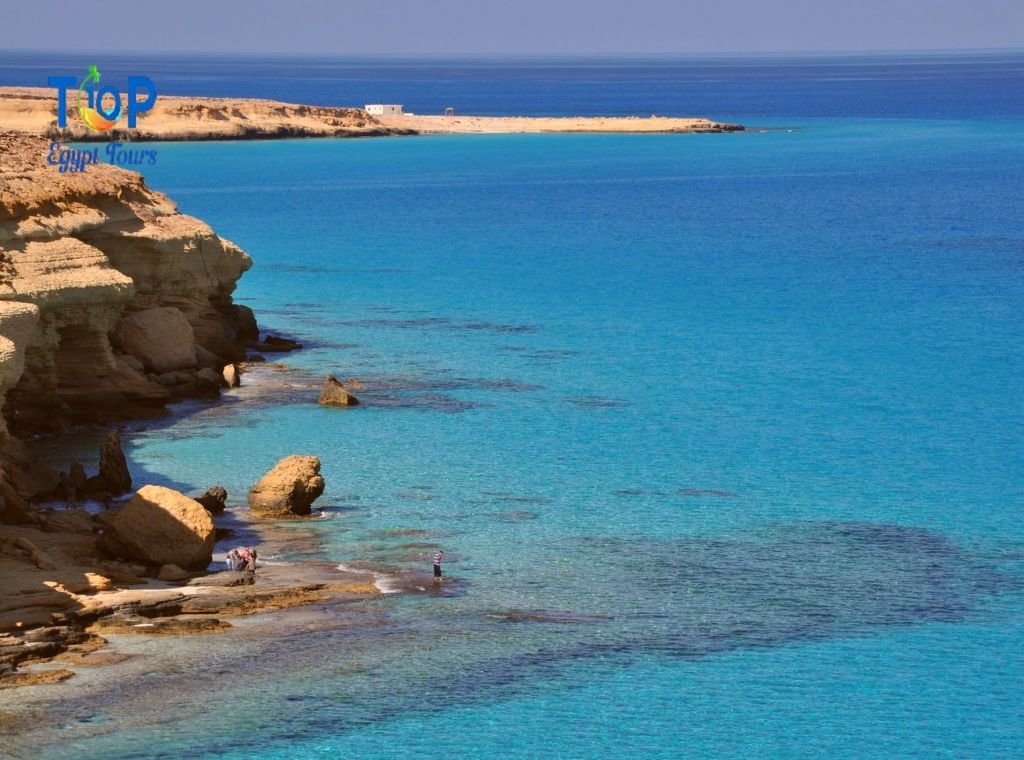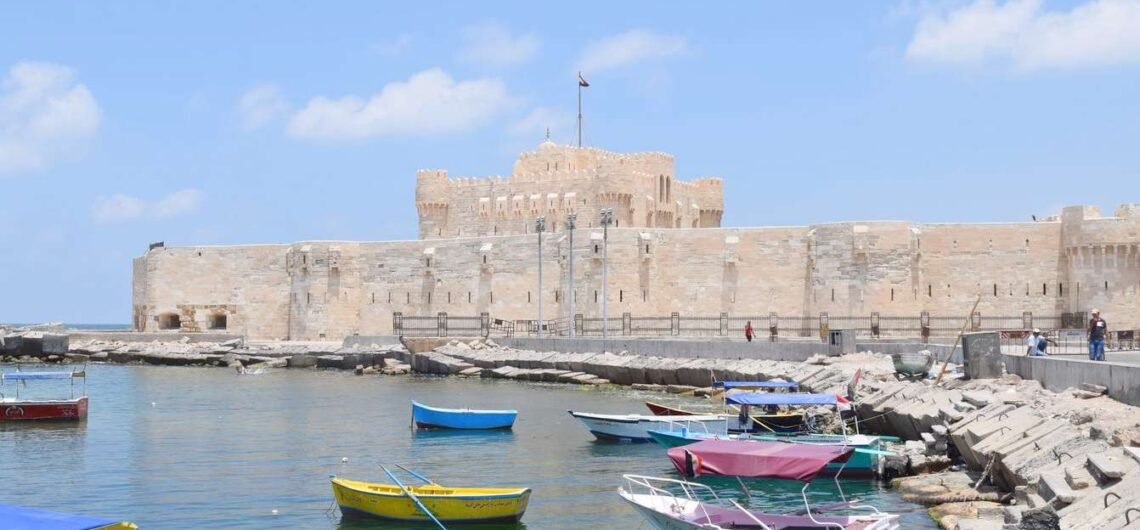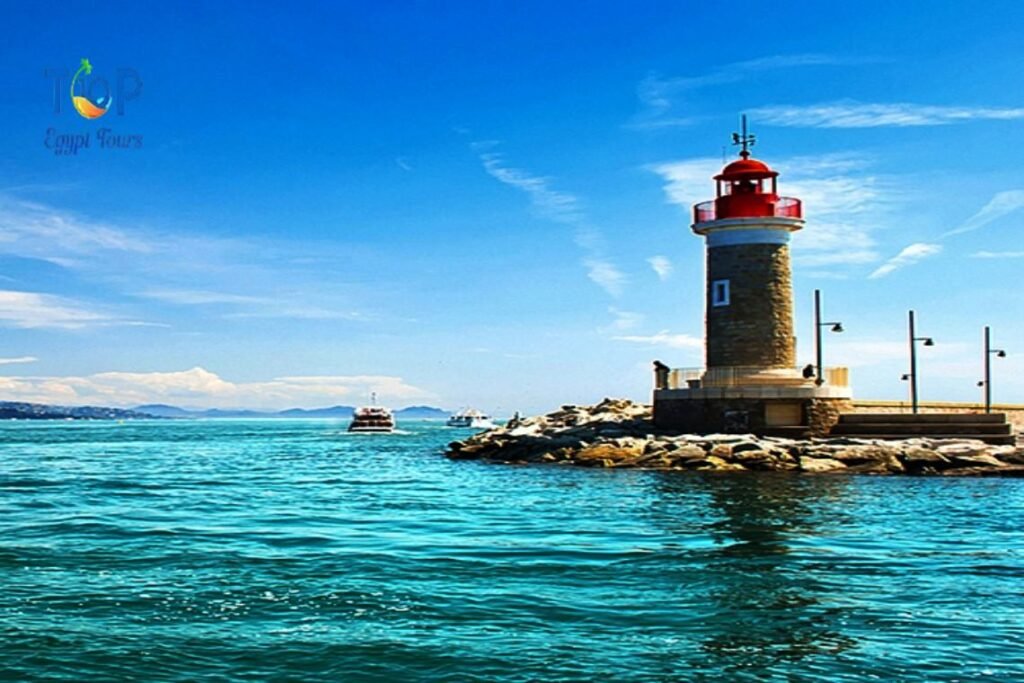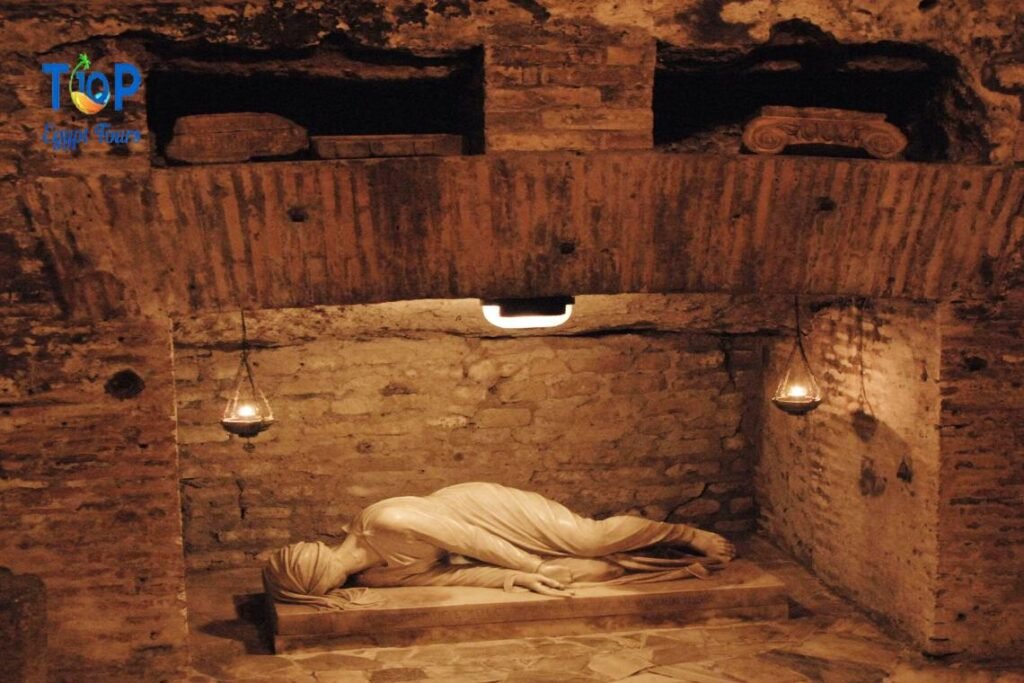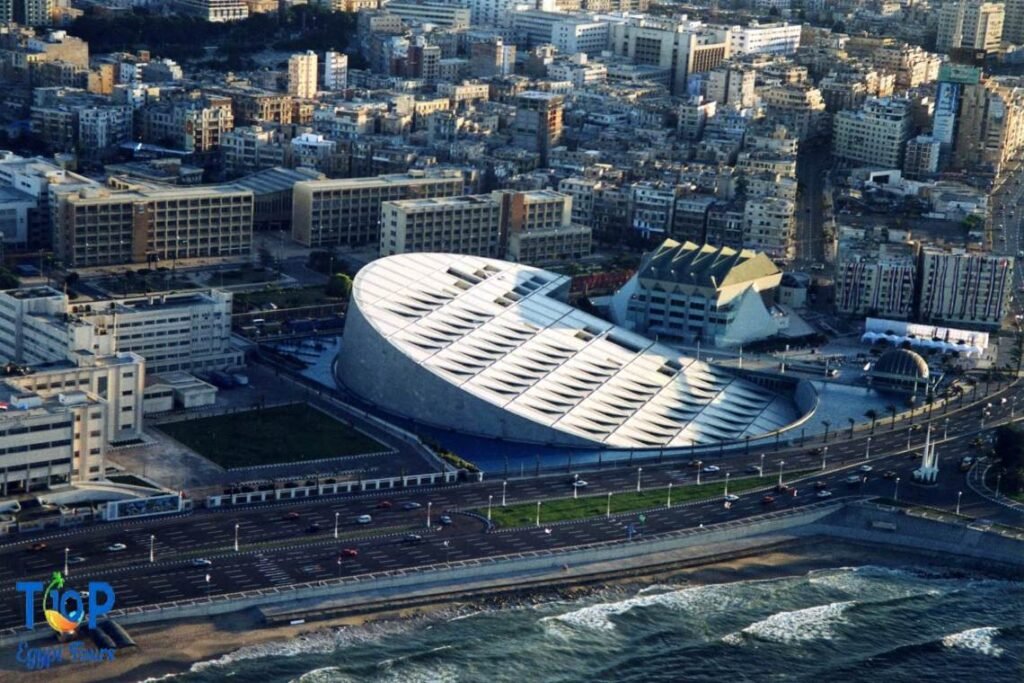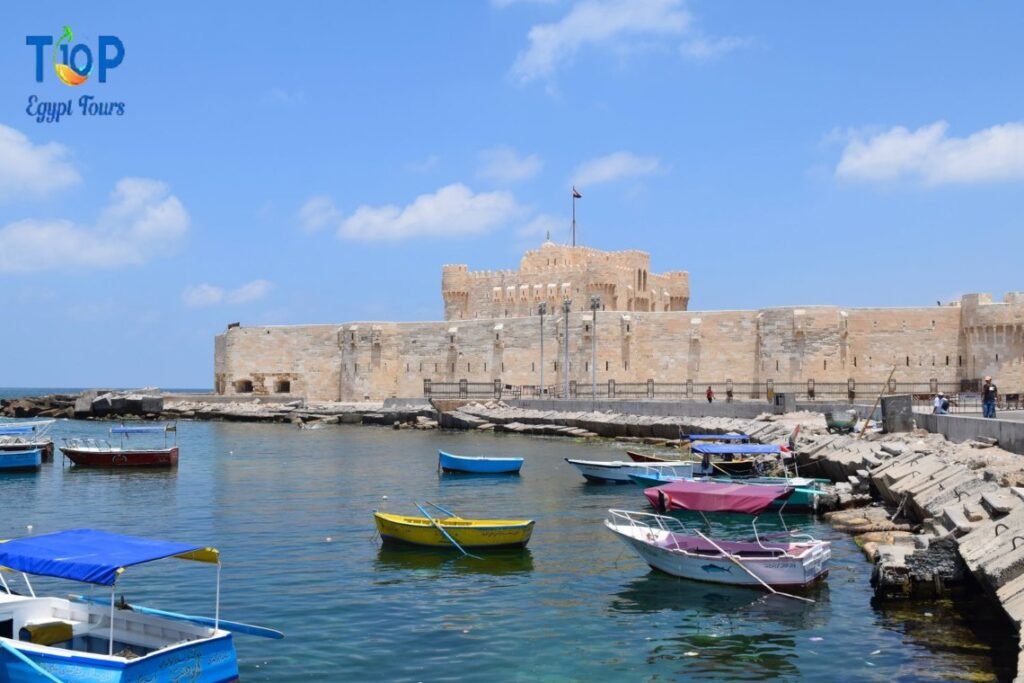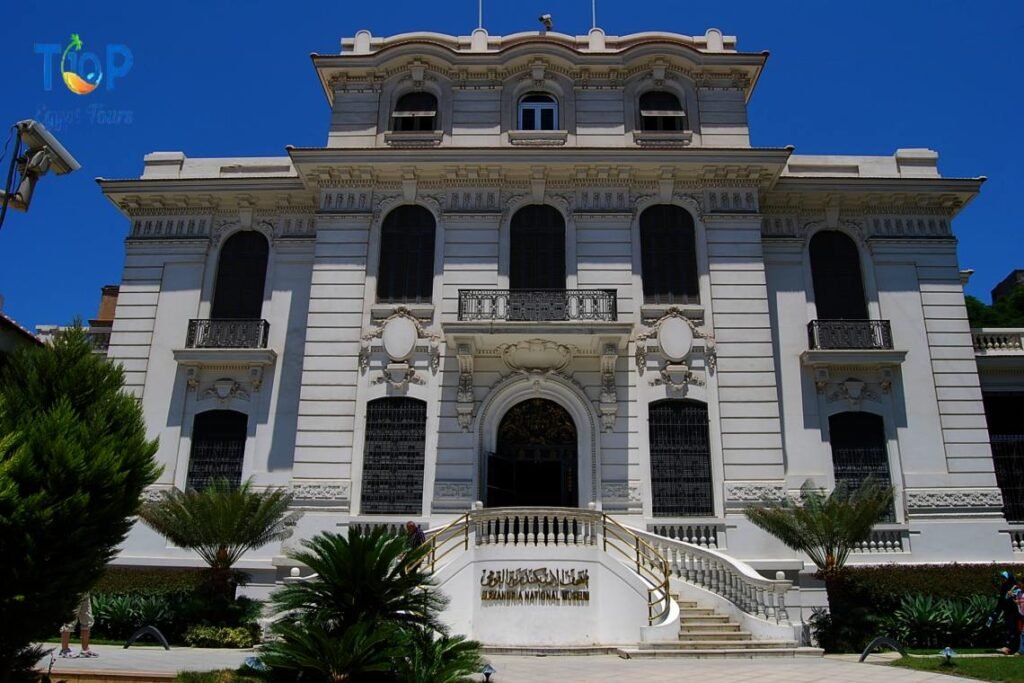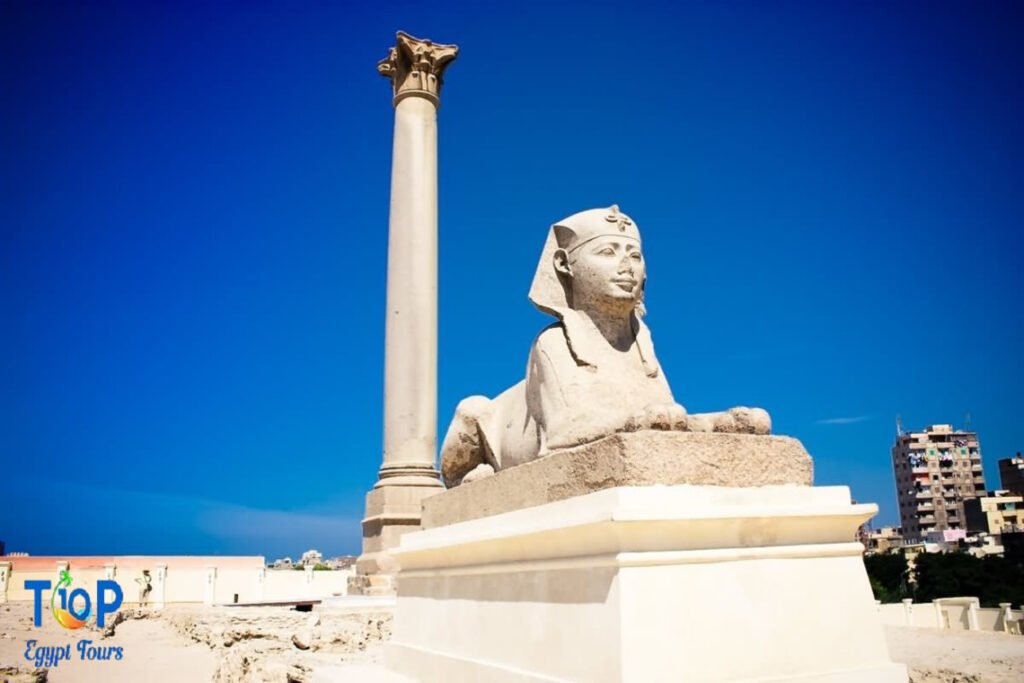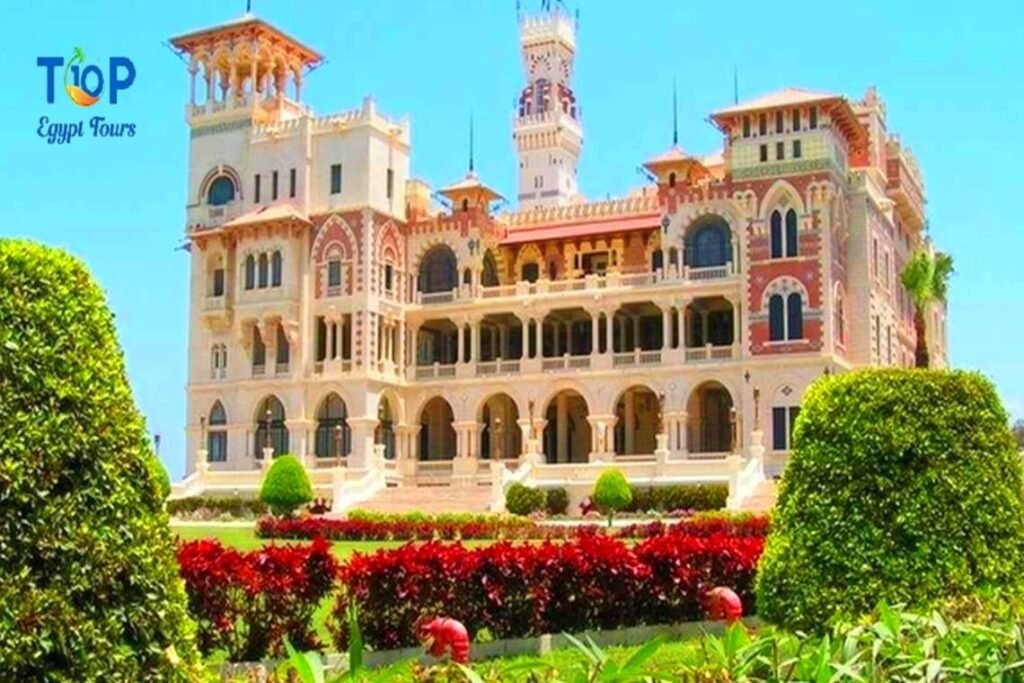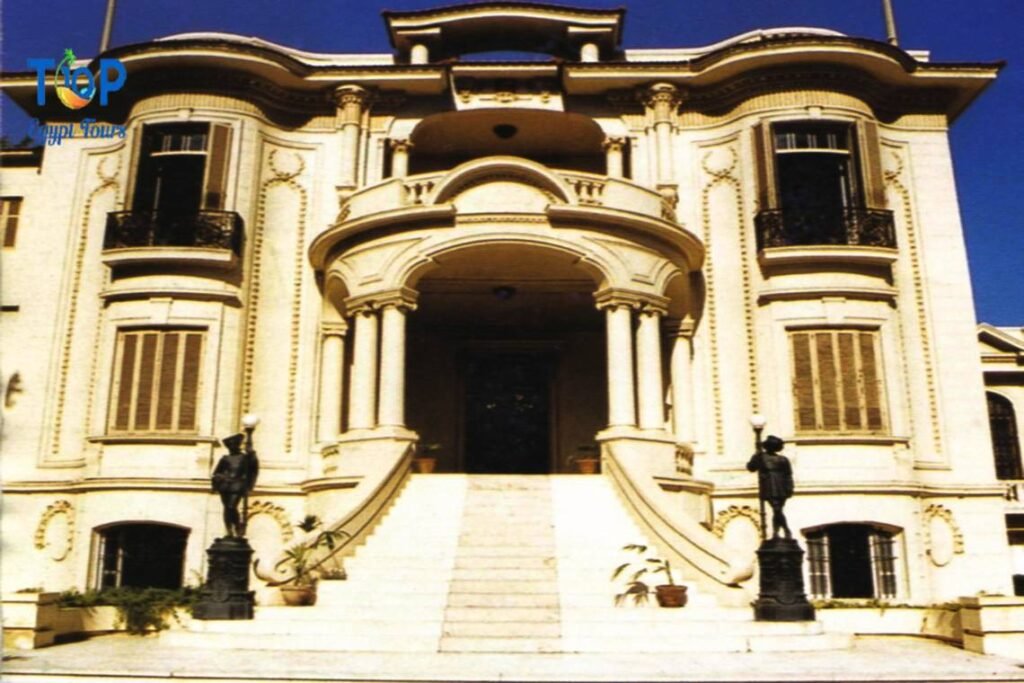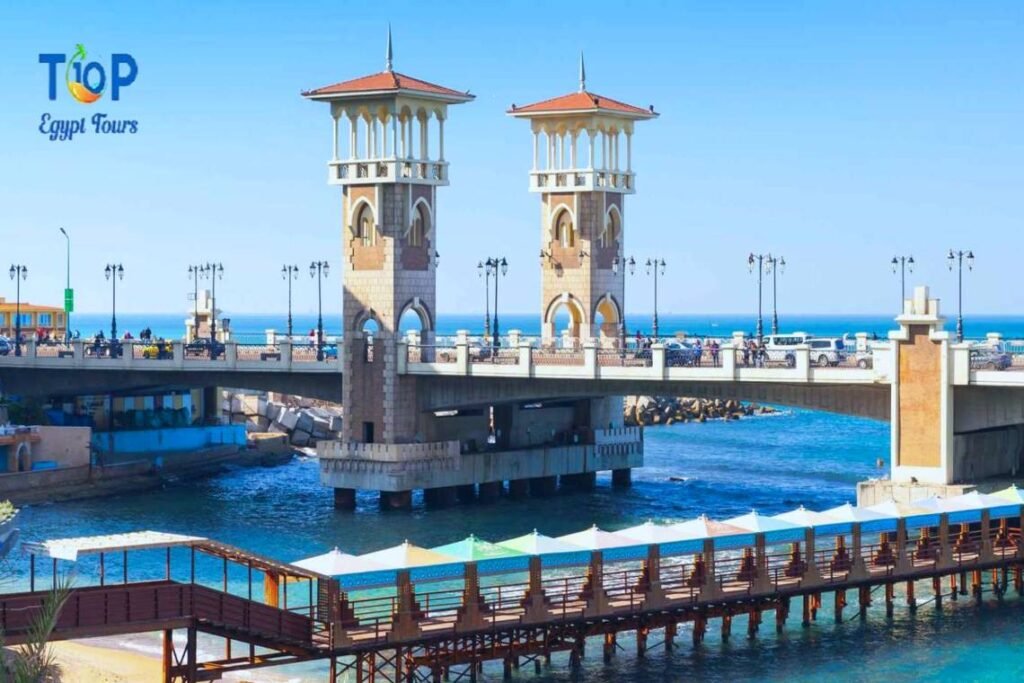Top day trips from Hurghada, including Luxor, Cairo, Aswan, and stunning snorkeling excursions. Uncover Egypt’s rich history and breathtaking landscapes in this comprehensive guide.
In this article, we will uncover for you the Top day trips from Hurghada with Top Ten Egypt Tours.
Introduction about Top day trips from Hurghada
Planning a getaway from the sun-soaked beaches of Hurghada? Whether you’re yearning for a taste of ancient Egypt or an adventure in the Red Sea, there’s no shortage of exciting day trips to embark on! From the majestic pyramids of Giza to the serene shores of Abu Dabbab, this guide highlights the top ten day trips from Hurghada that you simply can’t miss. Each adventure promises unique experiences, allowing you to dive deeper into Egypt’s vibrant culture and breathtaking natural beauty.
Table of Contents
- Aswan Tours from Hurghada
- Cairo Tours from Hurghada
- Luxor Tours from Hurghada
- Buggy Safari in Hurghada
- Snorkeling Trips in Hurghada
- Mahmya Island Tours in Hurghada
- Hurghada Stream Tours
- Diving Tours in Hurghada
- Orange Bay Island in Hurghada
- Abu Dabbab Tour
Here Are Some Of Top day trips from Hurghada:
1. Aswan Tours from Hurghada
Introduction For those looking to explore the southern part of Egypt, day trips to Aswan provide a glimpse into the country’s profound history and stunning scenery. Aswan, known for its beautiful Nile views, impressive temples, and relaxing atmosphere, is an essential part of any Egyptian journey.
Tour Highlights Aswan is famous for several key attractions:
- Philae Temple: Dedicated to the goddess Isis, this temple is located on Agilkia Island and is a must-see for history enthusiasts. The temple complex, built in the 3rd century BC, showcases magnificent carvings and stunning settings. Visitors can explore the intricacies of the hieroglyphs and take in the views of the Nile.
- Nubian Village: Experience the vibrant culture of the Nubian people. Tours typically include a boat ride across the Nile to reach the Nubian village( Read More), allowing for a picturesque view of the river and the surrounding landscapes. Visitors can engage with local artisans, taste traditional food, and admire the colorful homes characteristic of Nubian architecture.
- Unfinished Obelisk: This ancient artifact, lying in a granite quarry, provides insight into ancient Egyptian stone-working techniques. It’s an impressive sight, measuring 41 meters, and reflects the ambitious construction projects of the Pharaohs.
Our Recommendations To make the most of your Aswan tour, consider booking a full-day trip To Aswan that includes transportation, a knowledgeable guide, and entry fees to attractions. It allows you to absorb the rich history without any hassles, ensuring a relaxing yet enriching experience.
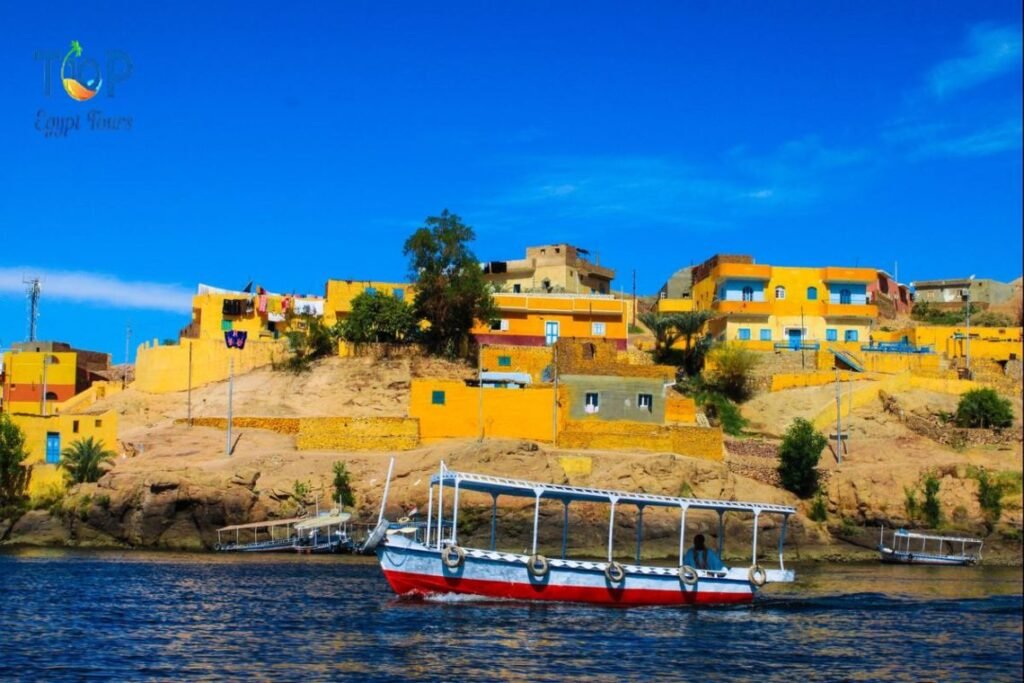
2. Cairo Tours from Hurghada
Introduction A day trip to Cairo is essential for anyone seeking to immerse themselves in the heart of Ancient Egypt. Known as the cradle of civilization, Cairo boasts iconic sites and a bustling atmosphere that leave visitors in awe.
Tour Highlights
- Giza Pyramids and Sphinx: The highlight of any Cairo tour, the Pyramids of Giza are among the Seven Wonders of the Ancient World. Visitors can explore the three primary pyramids and the enigmatic Sphinx, learning about the fascinating history and construction of these marvels.
- Egyptian Museum: Home to countless artifacts, including the treasures of Tutankhamun, the Egyptian Museum is an archaeological paradise. Guided tours provide invaluable insights into Egypt’s pharaonic history, and the museum’s highlights are truly breathtaking.
- Khan El Khalili Bazaar: To experience the vibrant culture of Cairo, a visit to this historic market is a must. Stroll through the narrow streets filled with shops selling spices, jewelry, and traditional crafts. It’s a perfect place to pick up souvenirs and sample local delicacies.
Our Recommendations Opt for a guided tour To cairo that includes all entrance fees and transportation for a seamless experience. A private guide can enrich your visit with local stories and context, making the history come alive.
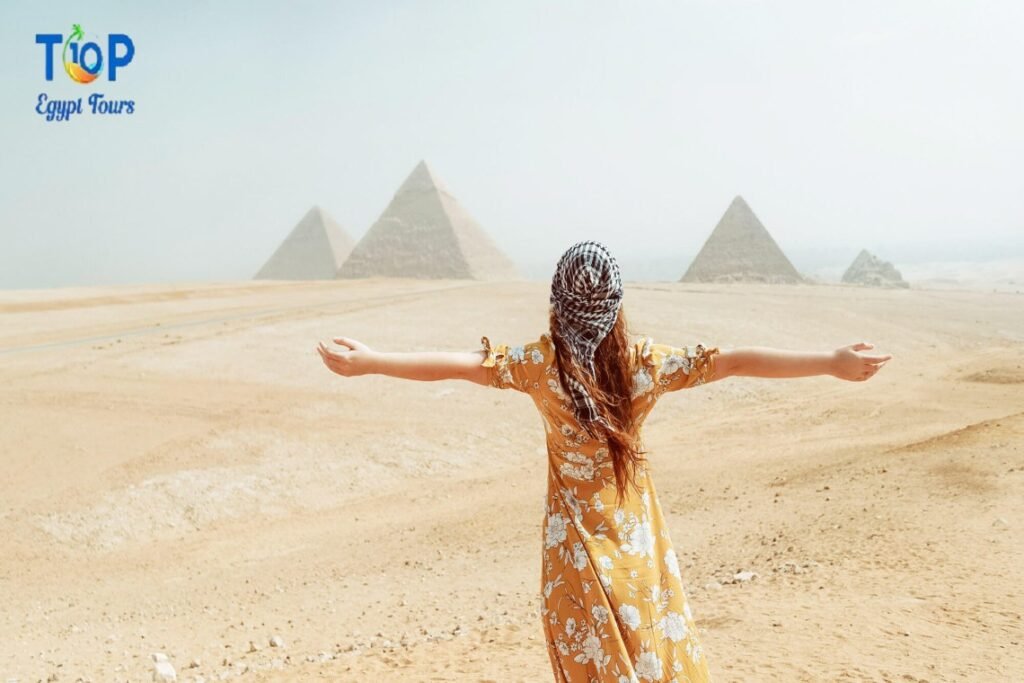
3. Luxor Tours from Hurghada
Introduction Luxor, often referred to as the world’s greatest open-air museum, is a treasure trove of ancient monuments and history. A day trip from Hurghada to Luxor promises an enriching exploration of Egypt’s Pharaohs.
Tour Highlights
- Valley of the Kings: The burial site of Egypt’s most powerful rulers, this area is home to numerous tombs, including that of Tutankhamun. Exploring the intricate hieroglyphs and stunning murals provides a captivating glimpse into ancient beliefs and funerary practices.
- Karnak Temple: This vast temple complex is dedicated to Amun-Ra and features impressive architectural designs, including the Great Hypostyle Hall, filled with towering columns. Guided tours often delve into the history and significance of this monumental site.
- Hatshepsut Temple: Dedicated to one of Egypt’s few female Pharaohs, this mortuary temple is remarkable for its grandeur and architectural innovation. Its terraces and colonnades blend harmoniously with the surrounding cliffs.
Our Recommendations Given the extensive sites to cover, it’s advisable to join an A day trip from Hurghada to Luxor that includes lunch and a knowledgeable guide. This way, you’ll gain valuable insights into each location while maximizing your experience.
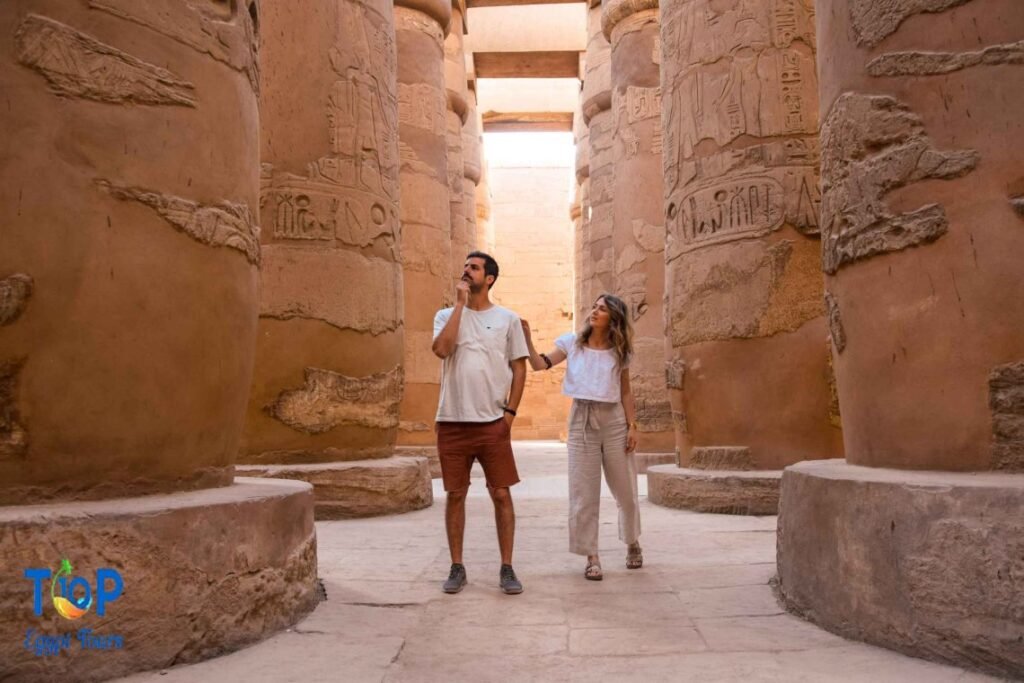
4. Buggy Safari in Hurghada
Introduction For thrill-seekers and adventure lovers, a buggy safari in Hurghada presents an exhilarating way to explore the stunning desert landscapes surrounding the city.
Tour Highlights
- Desert Exploration: Strap in for an adrenaline-pumping ride across the undulating dunes of the Eastern Desert. Feel the rush as you navigate through expansive sandfields, taking in the breathtaking views of the stark, yet beautiful landscape.
- Bedouin Culture Experience: Many tours include a stop at a traditional Bedouin camp, where you can learn about the nomadic lifestyle that has existed for centuries in the region. Taste authentic Bedouin cuisine, sip aromatic tea, and listen to fascinating stories about desert life.
- Stargazing: Some evening safari packages offer a chance to gaze at the star-filled sky away from city lights. The clear desert air makes for perfect stargazing opportunities, adding a magical touch to your adventure.
Our Recommendations When booking a buggy safari Tour, ensure that the package includes safety gear and a guide for a safe and enjoyable experience. Different tour lengths allow you to choose based on your schedule and comfort level.
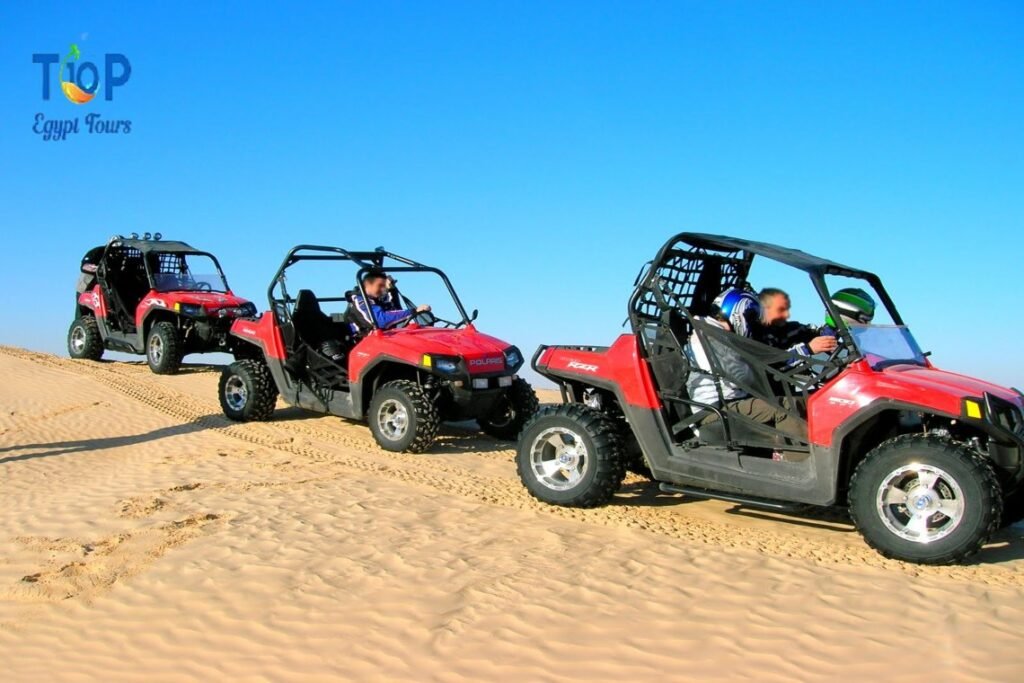
5. Snorkeling Trips in Hurghada
Introduction The Red Sea is known for its stunning coral reefs and vibrant marine life, making snorkeling trips from Hurghada a must for ocean enthusiasts.
Tour Highlights
- Diverse Marine Ecosystems: Snorkel at some of the best spots, such as Giftun Island and the famous Ras Mohammed National Park. Expect to see colorful coral reefs, tropical fish, and perhaps even a sea turtle or two.
- Guided Snorkeling Tours: Many tours provide professional guides who know the best snorkeling spots and can enhance your understanding of marine ecosystems. Safety equipment and snorkeling gear are typically included.
- Relaxation on the Beach: Most snorkeling trips include time for relaxation on beautiful beaches. Enjoy the sun, swim in the crystal-clear waters, or simply take in the stunning views of the surrounding islands.
Our Recommendations Look for full-day snorkeling tour that include all necessary equipment and a lunch option. This way, you can focus on enjoying the underwater beauty without worrying about logistics.

6. Mahmya Island Tours in Hurghada
Introduction A hidden gem in the Red Sea, Mahmya Island offers pristine beaches and crystal-clear waters, perfect for a relaxing day away from the hustle and bustle of the mainland.
Tour Highlights
- Pristine Beaches: Mahmya Island is known for its soft white sands and crystal-clear waters. Spend the day lounging on the beach, soaking up the sun, or taking leisurely swims in the beautiful sea.
- Snorkeling Opportunities: The waters around Mahmya are teeming with life, making it a fantastic spot for snorkeling. Guided trips often include equipment, ensuring that everyone can enjoy the vibrant underwater world.
- Delicious Food: Many tours include a beachside lunch featuring fresh seafood and traditional Egyptian dishes. Enjoy your meal with stunning ocean views.
Our Recommendations Choose a tour To Mahmya Island that offers a combination of beach time and snorkeling. Having a guide will enhance your experience by providing local insights and overseeing safety.
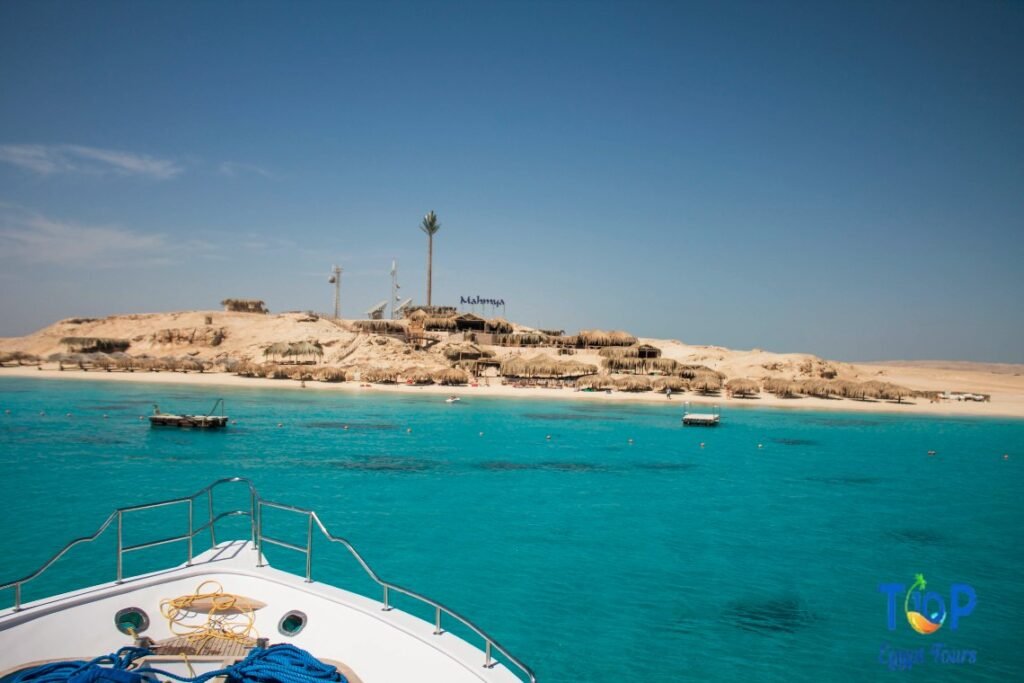
7. Hurghada Extremes
Introduction Extremes tours offer a unique way to enjoy the Red Sea’s beauty by combining relaxation with sightseeing.
Tour Highlights
- Scenic Views: Enjoy the tranquil waters of the Red Sea while taking in the beautiful landscapes. Stream tours typically meander through beautifully colored waters and breathtaking vistas.
- Activities on Board: Many Extremes tours include fun activities such as swimming, sunbathing on the deck, and sometimes even entertainment. This makes for a relaxing experience for those who wish to unwind.
- Wildlife Spotting: These tours often provide opportunities to spot marine life and birds unique to the area. Bring along binoculars for the best experience.
Our Recommendations Check whether the tour includes lunch or snacks, and consider the size of the group for a more personalized experience. Smaller groups typically provide better opportunities for interaction with the crew and marine life.
8. Diving Tours in Hurghada
Introduction Diving tours are ideal for those looking to experience the underwater wonders of the Red Sea, known for its clear waters and rich marine biodiversity.
Tour Highlights
- Diverse Dive Sites: Hurghada offers numerous dive sites, from shallow reefs to deep walls. Popular sites include the famous Abu Nuhas and the Mother of All Diving Sites, Thistlegorm.
- Professional Guides: Most diving tours come with experienced instructors who ensure safety and provide necessary training for beginners. They can guide you to the best spots based on your experience level.
- Marine Life Encounters: Expect to see an array of marine species, including colorful fish, rays, and even dolphins. Diving in the Red Sea is an unforgettable experience for any nature lover.
Our Recommendations Choose a dive tour that fits your certification level and interests, whether you’re a beginner or an advanced diver. Ensure that necessary equipment is provided, or check if you should bring your own.
9. Orange Bay Island in Hurghada
Introduction Orange Bay Island is renowned for its stunning sandy beaches and vibrant coral reefs, making it a prime destination for leisure and snorkeling.
Tour Highlights
- Idyllic Beaches: The island offers some of the best beaches in the area where you can relax, sunbathe, and enjoy stunning sunrises and sunsets.
- Snorkeling and Water Sports: Snorkeling around the island allows visitors to explore its fantastic marine life. Many tours offer additional water sports, such as paddleboarding or jet skiing.
- Beachside Amenities: Enjoy facilities such as sun loungers, umbrellas, and beachside service to keep you comfortable throughout the day.
Our Recommendations Select a tour package that includes complimentary amenities like lunch and snorkeling equipment. This to help you enjoy a full day of fun at Orange Bay.

10. Abu Dabbab Tour
Introduction The Abu Dabbab area, famous for its extraordinary biodiversity, is a highlight for marine life enthusiasts and beachgoers alike.
Tour Highlights
- Diversity of Marine Life: Known for its resident dugongs (sea cows) and turtles, snorkeling in Abu Dabbab offers a chance to witness unique marine encounters that are hard to find elsewhere.
- Clear Waters and Beautiful Coral Reefs: Swim among vibrant corals and colorful fish, creating unforgettable memories of the underwater ecosystem.
- Relaxation on the Beach: Abu Dabbab also boasts a beautiful beach for relaxation, making it a perfect destination for both snorkeling and lounging.
Our Recommendations Look for tours To Abu Dabbab that offer all-inclusive packages, covering entrance fees, snorkel gear, and meals, ensuring a hassle-free day.

Conclusion
Each of these top ten day trips from Hurghada showcases the incredible diversity of experiences available in Egypt. From exploring ancient cities and vibrant markets to discovering breathtaking natural wonders beneath the sea, there’s something for everyone. Whether you’re looking for adventure, relaxation, or a deep dive into history, these tours provide unique opportunities to create lasting memories. Ready to embark on your Egyptian adventure? Book your tour with Top Ten Egypt Tours today and experience the magic of this extraordinary country!
FAQs
What is the best time to visit Hurghada for tours? The best time is generally from October to April when the weather is pleasant.
Are these tours suitable for families? Yes, many tours are family-friendly, providing activities for all ages.
Do I need to book tours in advance? Yes, booking in advance is recommended to ensure availability, especially during peak season.
What should I bring on these tours? It’s advisable to bring sunscreen, hats, swimwear, and water.
Are lunch and equipment included in these tours? Most tours include lunch and essential equipment, but it’s best to check specific details when booking.


